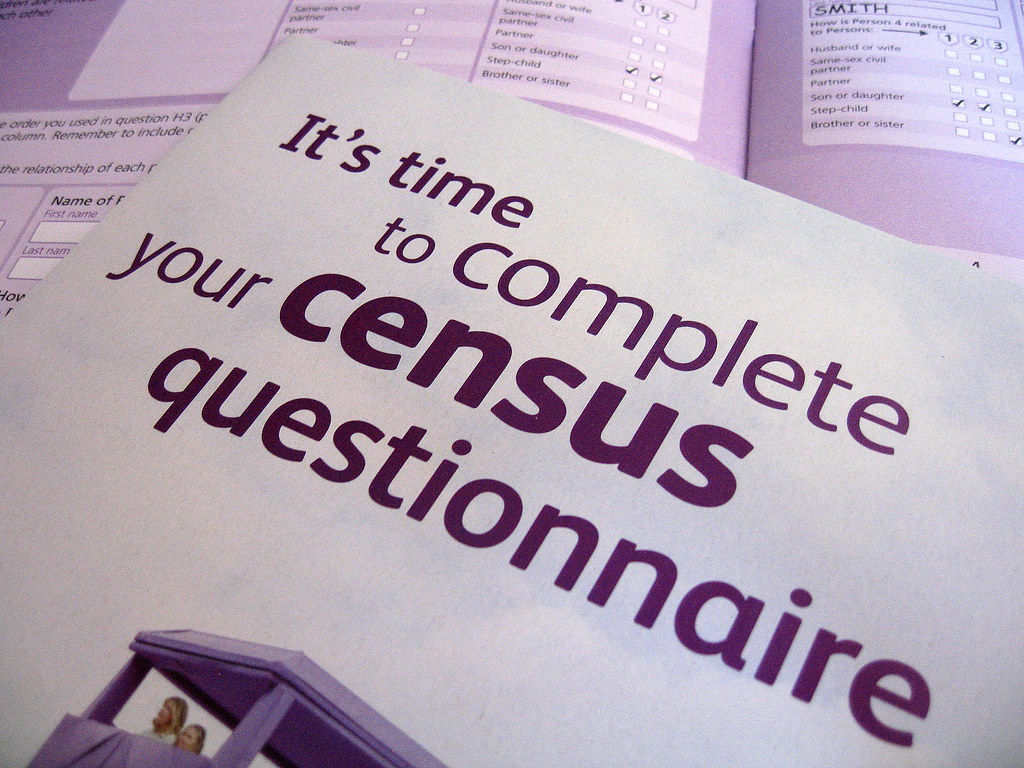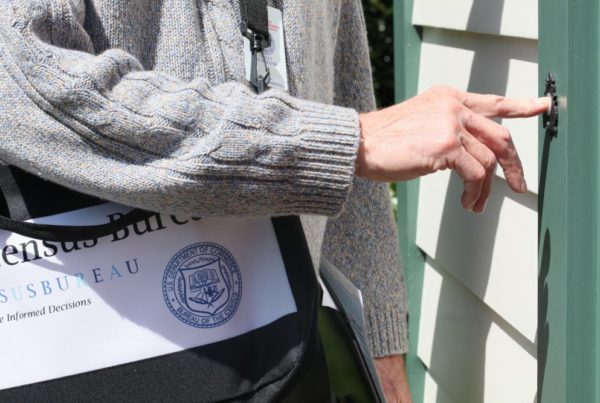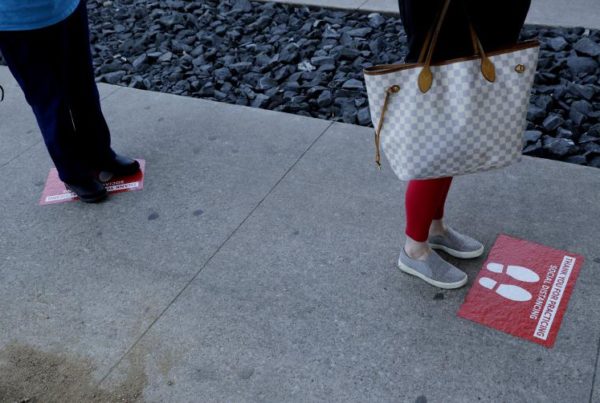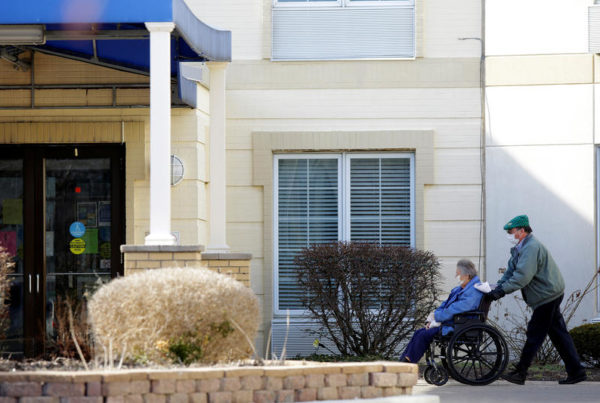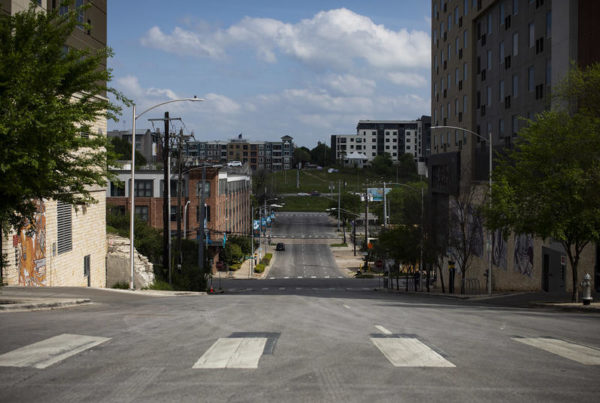The 2020 census is underway. Everyone living in the United States is required to participate in the once-a-decade count, and participation determines how much money communities get for government programs and infrastructure, as well as political representation.
The deadline to fill out the census questionnaire has been pushed back because of the coronavirus pandemic. But even with the extra time, Katie Martin Lightfoot with the left-leaning Center for Public Policy Priorities is concerned that will have an effect on participation, which could mean an inaccurate count. Lightfoot also coordinates the Texas Counts Campaign.
She says travel restrictions related to COVID-19 are already affecting the census. Workers who would normally interview people at their homes and in communities are not able to do that work.
“A lot of people who are involved in these get-out-the-count strategies are having to go back to the drawing board and starting to pivot their strategies, thinking about how they can meet with community members in a digital space,” Lightfoot says.
To counter this lack of community contact, Lightfoot says the North Texas Food bank is adding census stickers to the meal packages it delivers. The stickers include a code the recipient can use to connect with census workers.
Census workers were expected to begin visiting households in May, but Lightfoot says that plan is on hold until it’s clear how long social distancing will be necessary.
Lightfoot says the undercounting of very young children, which happened during the last census, is likely to happen again.
“Children [age] 0-4 are one of the highest groups that is undercounted on the census form, meaning the parent or guardian might count their second-grader and fifth-grader, but when they think about their toddler or newborn baby, they actually don’t count them,” Lightfoot says.
People preoccupied with concerns related to the coronavirus might not prioritize filling out their census questionnaire. But Lightfoot says that could have serious consequences.
“In Texas, if we are undercounted by 1%, a conservative estimate is that we will lose $300 million per year for the next 10 years,” she says.
Written by Shelly Brisbin.


